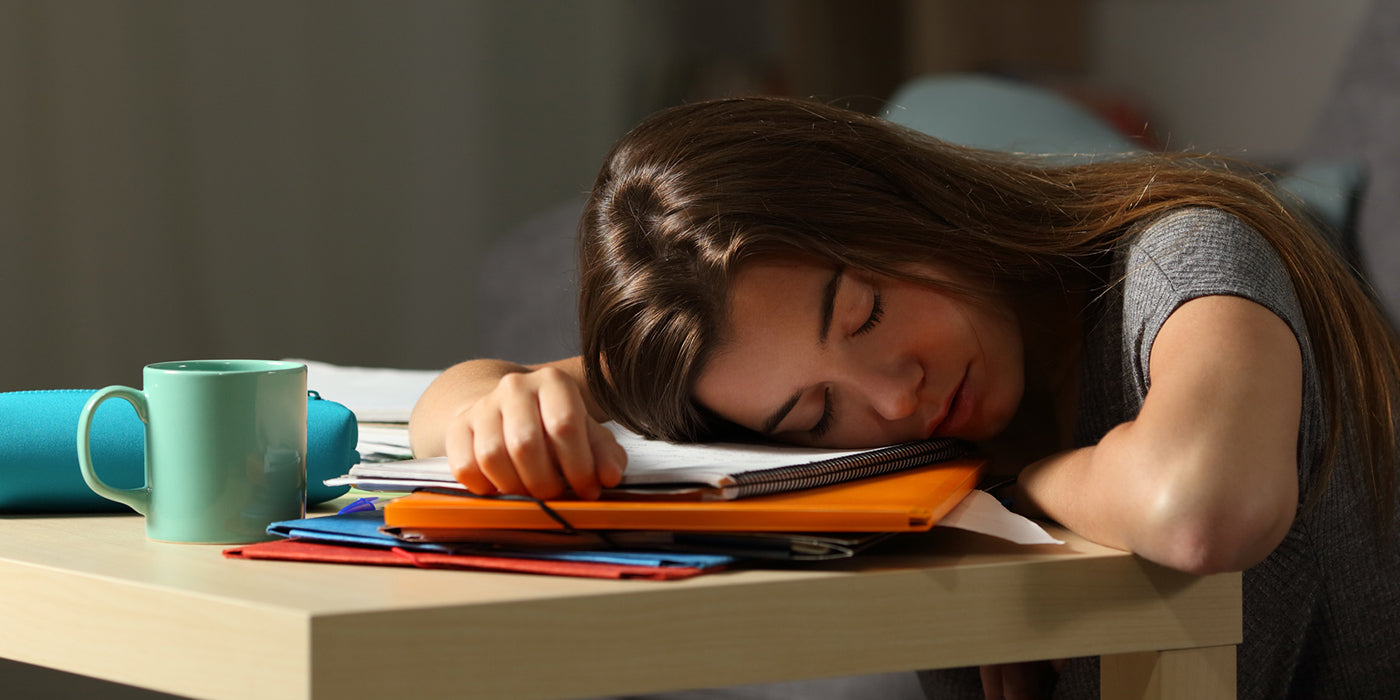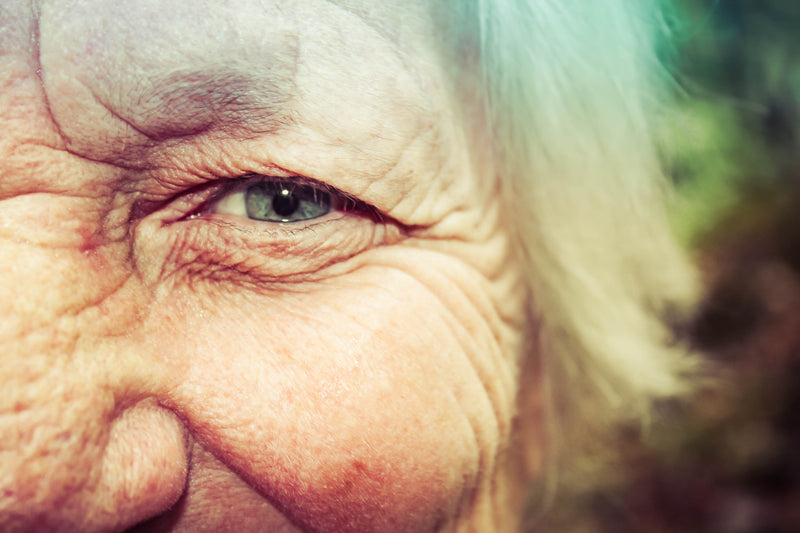What Everybody Ought To Know About Teenagers & Sleep
December 07, 2021
Author: Beautyrest Team
Dr. Rebecca Robbins is a sleep researcher whose work examines how sleep impacts our daily lives and can help us meet our full potential. She is partnering with Beautyrest to put a renewed focus on sleep"exploring the connection between sleep and other aspects of our lives. She will be providing ongoing insights from scientific literature as well as strategies for optimal rest and recovery.
Sleep is an essential ingredient for healthy development among teenage children. Unfortunately, sleep deprivation is common among this population. According to a 2007 study, only 7.6% of high school students reported optimal sleep, as compared to a staggering 68.9% of students reporting insufficient sleep.1 The prevalence of insufficient sleep was highest among juniors and seniors, indicating that the amount of sleep a young person gets declines with each additional year of school.1 These findings stand in stark contrast to the fact that sleep is among the most vital ingredients to healthy development, ability to manage mood, and perform well in school.
Sleep and Performance
Although sleep deprivation is common among many teenagers, it may not be among peak performers. While it is known that exercise offers benefits for healthy sleep, lesser known is that sleep also improves athletic ability and performance. Students who sleep 8 to 10 hours per night show demonstrable benefits to their performance. College basketball players who were instructed to sleep up to 10 hours at night increased their free throw percentage approximately nine percent.2
In addition to the relationship between athletic performance and sleep health among young people, there is also a strong association among academic performance and sleep. According to research from Dr. Amy Wolfson and colleagues, students who go to bed later and sleep less are more likely to do poorly in school (e.g., get more C's, D's and F's) compared to students sleeping more and going to bed early who earn significantly more A's and B's.3
From the standpoint of behavioral issues, studies indicate a strong link between sleep disturbance and behavioral problems in youth, partially due to sleep deprivation undermining emotion regulation the following day.4 As 1 in 8 teens risks developing depression, engaging in healthy practices such as "perspective taking," or putting things in perspective when confronted with undesirable experiences in the classroom can prove beneficial. Performance and sleep are intricately linked for all of us, particularly for the athletic, academic, and emotional development of teenagers.
PHYSIOLOGICAL CHANGES
Several factors place teens at a disadvantage when it comes to obtaining deep, restorative sleep one of which is an increased preference for later bedtimes. The shift to later bedtimes can be attributed to a variety of things, however it should be noted that there is a physiological component. Dr. Mary Carskadon and her team of researchers demonstrated that melatonin is secreted later in the teenager brain following puberty, making it simply harder for them to retain the bedtimes they did in middle school.5 The shift to a later bedtime is also coupled with added need for sleep. Due to the tremendous amount of development in the school aged and teenager brain and body, national associations advise these young people actually sleep between 8 and 10 hours.
SCHOOL START TIMES
Given the cascade of physiological and lifestyle factors that create what is often termed a "perfect storm" for poor sleep health among teenage students, many advocate for policy-related factors, such as changing school start times. Research from Drs. Wendy Troxel and Marco Hafner at the RAND corporation has demonstrated a potential shift of school start times one hour later to 8:30am could contribute to a savings of $83 billion for the U.S. economy within a decade in terms of lower accidents, improved efficiency of school dollars, and improved development among young people.6
Sleep is critical for healthy development in young people. While there are physiological factors affecting sleep during the teenage years, it is imperative that sleep is prioritized. Better sleep is linked to improved performance, better mood management, and academic excellence among teens. The future of our world hinges on the waking success of our children and teens; therefore we must address the issue of poor sleep health among teens and work together to find real sleep solutions for future generations.
Sources:
1 https://www.ncbi.nlm.nih.gov/pubmed/20307832
2 https://academic.oup.com/sleep/article/34/7/943/2596050
3 https://www.jstor.org/stable/pdf/1132351.pdf?casa_token=KKVqVr0hdzcAAAAA:NG-H8Zd2rc2EUcGCK9LNuNf3aWh2nesie7SYroRgZTjMFWn2V5iZyjy_0v2VXzm_7xEJRVvOQNIfQ8qT_s2a9BNBp1My_nKob5zw_0ZLsJfEte8S
4 https://www.ncbi.nlm.nih.gov/pmc/articles/PMC3605974/
5 https://academic.oup.com/sleep/article/16/3/258/2749376
6 https://www.rand.org/news/press/2017/08/30.html


